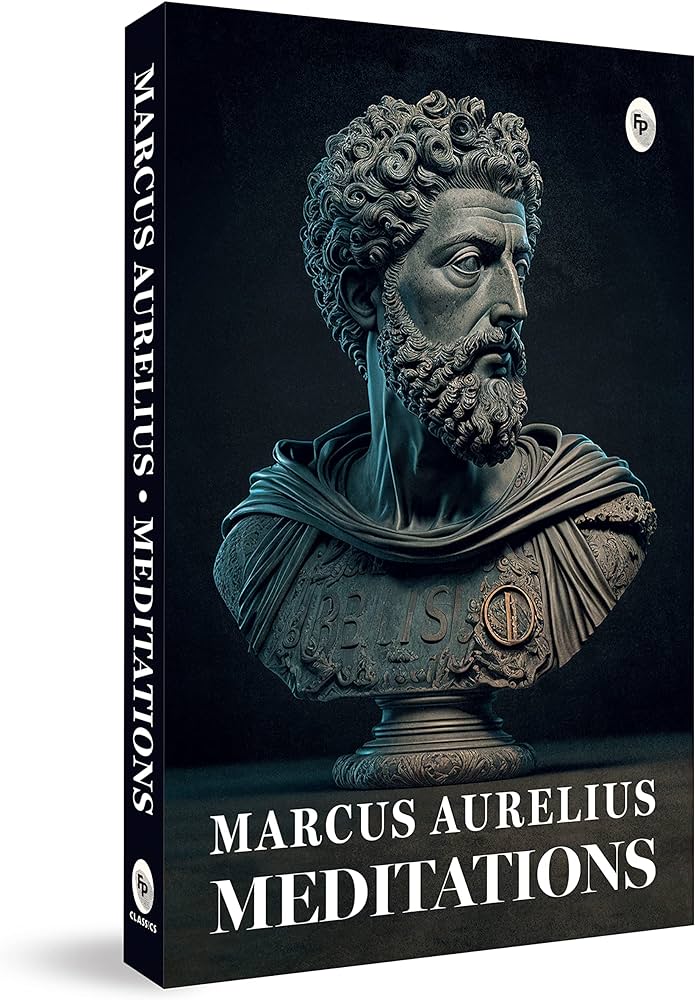
In “Meditations,” the Roman Emperor Marcus Aurelius reflects on life, virtue, and the human experience in a series of personal writings. Composed as a form of self-examination rather than a guide for public consumption, the book provides timeless wisdom that remains relevant across centuries.
The concept of “amor fati” or love of fate is another key theme in “Meditations.” Aurelius advises embracing life’s challenges and setbacks as opportunities for growth, emphasizing the idea that every experience, whether positive or negative, contributes to our personal development.
Throughout the book, Aurelius reflects on the fleeting nature of fame, wealth, and material possessions. He advocates for a focus on inner virtues rather than external achievements, suggesting that true fulfillment comes from living a life of purpose and integrity.
In conclusion, “Meditations” serves as a guide to achieving inner peace and wisdom. Marcus Aurelius imparts timeless lessons on navigating the complexities of life with grace and resilience. By embracing the Stoic principles of virtue, self-discipline, and acceptance of the natural order, readers can find enduring wisdom that transcends the boundaries of time and culture.
Aurelius emphasizes the impermanence of life, urging readers to accept the transitory nature of existence. He advocates for living in accordance with nature, maintaining a calm and rational mind amid life’s challenges. Central to his philosophy is the Stoic concept of “virtue,” the idea that true happiness lies in cultivating personal excellence and moral integrity rather than relying on external circumstances.
The emperor encourages self-discipline and the mastery of one’s emotions. He suggests that we have control over our reactions to events, even if we cannot control the events themselves. By focusing on our own thoughts and actions, we can find tranquility and resilience in the face of adversity.
Aurelius also emphasizes the interconnectedness of humanity, urging readers to recognize their shared humanity and to act with kindness and understanding towards others. He reminds us of the importance of empathy, humility, and the pursuit of common good.
